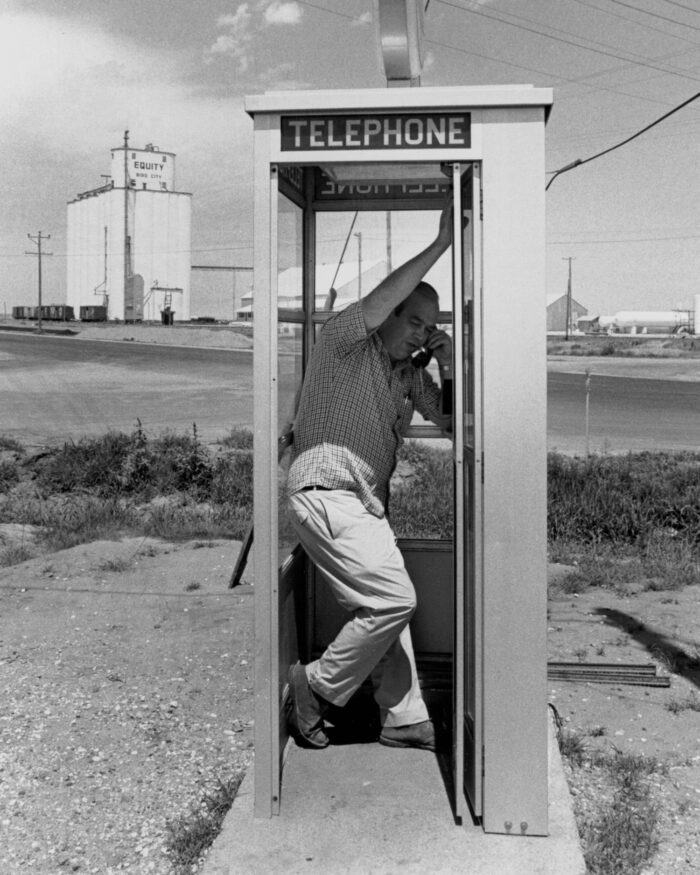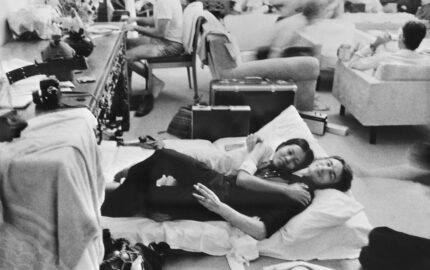As a newspaper reporter, I looked down my nose at TV “talent” who called themselves journalists. My colleagues and I thought TV reporters were hired for their looks and their voices, and because they could read well what their producers wrote.
Then TV made me an offer I couldn’t refuse. I had three kids to raise. The new job meant I’d have to learn a new skill. Writing the spoken word is not at all like writing for print.
Charles Kuralt’s “On the Road” series for CBS impressed me. He did not fit the TV reporter mold. He did have a great voice. But he was overweight and balding, with a face that was easy to forget.
During the 1976 bicentennial, Kuralt reported from Independence Hall in Philadelphia. He stood in the spot where Thomas Jefferson had argued what should be in Declaration of Independence. Kuralt spoke Jefferson’s exact words. Then the camera moved around the room and Kuralt told us what Patrick Henry and Benjamin Franklin had said.
In all his stories, Kuralt’s prose was often poetry. He made it seem so easy. He was the guy next door, with a conversational style that explored people and places all across America. He educated and inspired his listeners. He was the master storyteller, teaching us more history than we learned in school. Little ironic gems like Robert E. Lee, as a U.S. Army colonel, leading the troops who captured and executed John Brown at Harpers Ferry. Brown was hanged for trying to start a rebellion against the federal government and its tolerance for slavery. Shortly after, Lee became the supreme commander of all Confederate troops, fighting the Civil War against that same government.
On The Road: John Brown’s Raid at Harpers Ferry
By Charles Kuralt
Aired on CBS News, June 25, 1976
Excerpt
Charles Kuralt: John Brown was an uneducated man but he knew a few things.
He knew that we could never have justice until those who were not injured were as concerned about injury as those who were. He knew that reason has its limits in human affairs, and he knew that violence has its uses. Maybe those truths perceived by John Brown are what make us so uneasy about him yet.
On the day of his execution, he handed a note to one of his guards. It read, “I, John Brown, am now quite certain the crimes of this guilty land will never be purged away but with blood.”
Six hundred thousand lives were lost in the war that he helped to start. One side had a marching song: “John Brown’s body lies a’mouldering in the grave / His truth is marching on.”
Printed with permission of CBS News.




